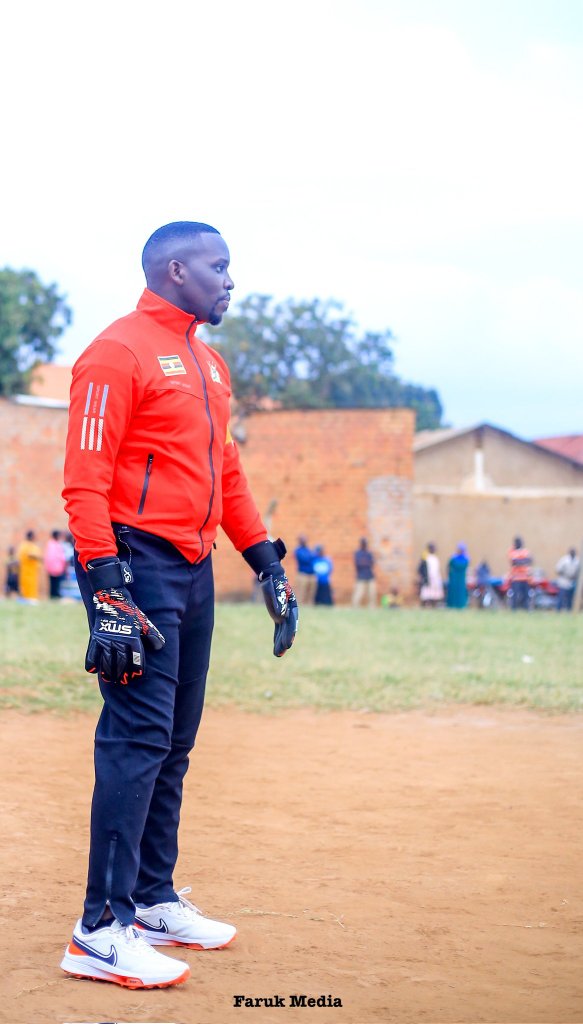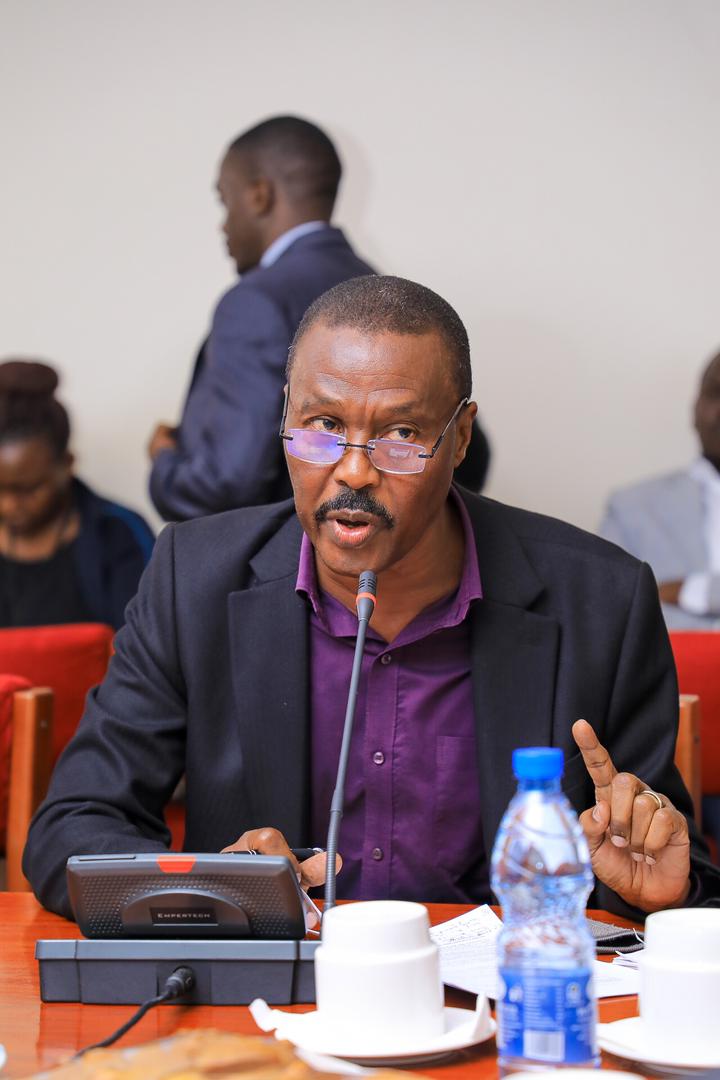The Legal and Parliamentary Affairs Committee, which is currently examining the controversial Bill introduced by Mityana South MP Richard Lumu, has decided to adjourn hearings until Tuesday next week. This decision follows a request from the Leader of the Opposition in Parliament (LOP), Joel Ssenyonyi, for more time to prepare a detailed response.
Ssenyonyi, who is also the Member of Parliament for Nakawa West, was expected to appear alongside party whips, including Yusuf Nsibambi from the Forum for Democratic Change (FDC). However, at the last minute, Ssenyonyi withdrew, expressing concerns over the speed at which the Bill was being processed. He cited the need for additional time to make a comprehensive submission.
According to Stephen Bakka Mugabi, the chairperson of the committee, Ssenyonyi received the invitation to appear before the committee late on Wednesday, which did not give him enough time to attend Thursday’s session. Mugabi shared this information during an interview on October 3, 2024.
While the official reason for Ssenyonyi’s absence seems clear, a National Resistance Movement (NRM) MP from eastern Uganda, who spoke on condition of anonymity, suggested that Ssenyonyi’s decision might be a deliberate move to delay the committee’s progress. The MP warned that avoiding the hearing might be more dangerous for Ssenyonyi, as it could be perceived as an attempt to delegitimize Lumu’s Bill.
The core of Richard Lumu’s Administration of Parliament Amendment Act 2024 proposes changes to Section 8 of the principal Act. The Bill aims to allow opposition MPs in Parliament to elect the Leader of the Opposition, a role that is currently determined by the largest opposition party. Under the new arrangement, the opposition party with the most seats would nominate three of its members, from which the LOP would be elected by fellow opposition MPs.
In addition, the Bill outlines that once elected, the LOP would no longer be a member of the largest opposition party and could be removed by a resolution passed by opposition lawmakers. Lumu also proposes amendments to Section 11 of the Act, which would require members of the shadow cabinet to be approved by opposition MPs in Parliament, rather than being chosen by the leadership of the largest opposition party or by the President.
While Lumu insists that these changes are intended to promote democracy, Joel Ssenyonyi expressed concerns in a widely shared video, claiming that the Bill is a targeted attempt to remove him from office. He suggested that certain individuals had never been comfortable with his leadership, particularly because of his firm stance on corruption, bad governance, and poor service delivery.
“There are those who were unhappy when I became LOP. Some believe they should have held the position or should have remained longer. I feel sorry for them; I hope their frustration doesn’t affect their health. Leadership comes from God,” Ssenyonyi said.
Observers believe that the conflict surrounding the Bill is driven by the perks that come with the position of the LOP. For the fiscal year, Ssenyonyi’s office was allocated UGX 4.2 billion. This includes UGX 1.45 billion for international travel, UGX 490 million for domestic travel, UGX 928 million for casual workers and allowances, UGX 300 million for fuel, UGX 264 million for vehicle maintenance, UGX 22.9 million for bedding, and UGX 225.4 million for staff training.
Former Ruhaama MP Augustine Ruzindana, in an interview earlier this year, condemned the influence of money in current politics, contrasting it with the values held by earlier Parliaments. He shared that during his tenure as chairperson of the Public Accounts Committee (PAC) in the sixth Parliament, he never received any special allowance for his role. He criticized the growing culture of entitlement, noting that when he was in office, MPs did not receive free cars, but rather had to pay for them through concessional loans.
Ruzindana further reflected on the evolution of parliamentary allowances, pointing out that the extravagant benefits now available to MPs did not exist during his time. He urged the nation to engage in a national dialogue to address the growing gap between political leadership and the needs of the people.
Meanwhile, Lewis Rubongoya, the secretary general of the National Unity Platform (NUP), dismissed the Bill as an attempt by the ruling NRM to weaken the opposition. He suggested that Lumu may have ulterior motives, possibly linked to financial gain, and argued that the Bill was designed to strip the opposition of the little power it holds.
Rubongoya pointed to previous instances where the opposition was sidelined, such as when Francis Zaake was removed from a parliamentary position, a move later deemed illegal by the Constitutional Court. He also noted that Ssenyonyi has faced challenges within the system, including being excluded from commission meetings.
Tororo District Woman MP Sarah Opendi, a member of the NRM, echoed similar sentiments, questioning the effectiveness of the Bill in improving service delivery. She highlighted that the opposition already has representation on the parliamentary commission, with Hon. Mathias Mpuuga and Ssenyonyi both holding positions.
Former Leader of the Opposition, Betty Aol Ocan, expressed her disapproval of the Bill, suggesting that it was being manipulated to advance a hidden agenda. She argued that while the opposition could benefit from greater representation, the timing and method proposed by the Bill were flawed. She also emphasized that a Private Members Bill should not impose a financial burden on the Consolidated Fund.
Micheal Mabikke, former MP for Makindye East and leader of the DP Block, supported a different approach. He proposed that the runner-up in presidential elections should automatically become the LOP, and argued that increasing the number of parliamentary commissioners would not address the underlying issues affecting Parliament’s performance or democracy.




















